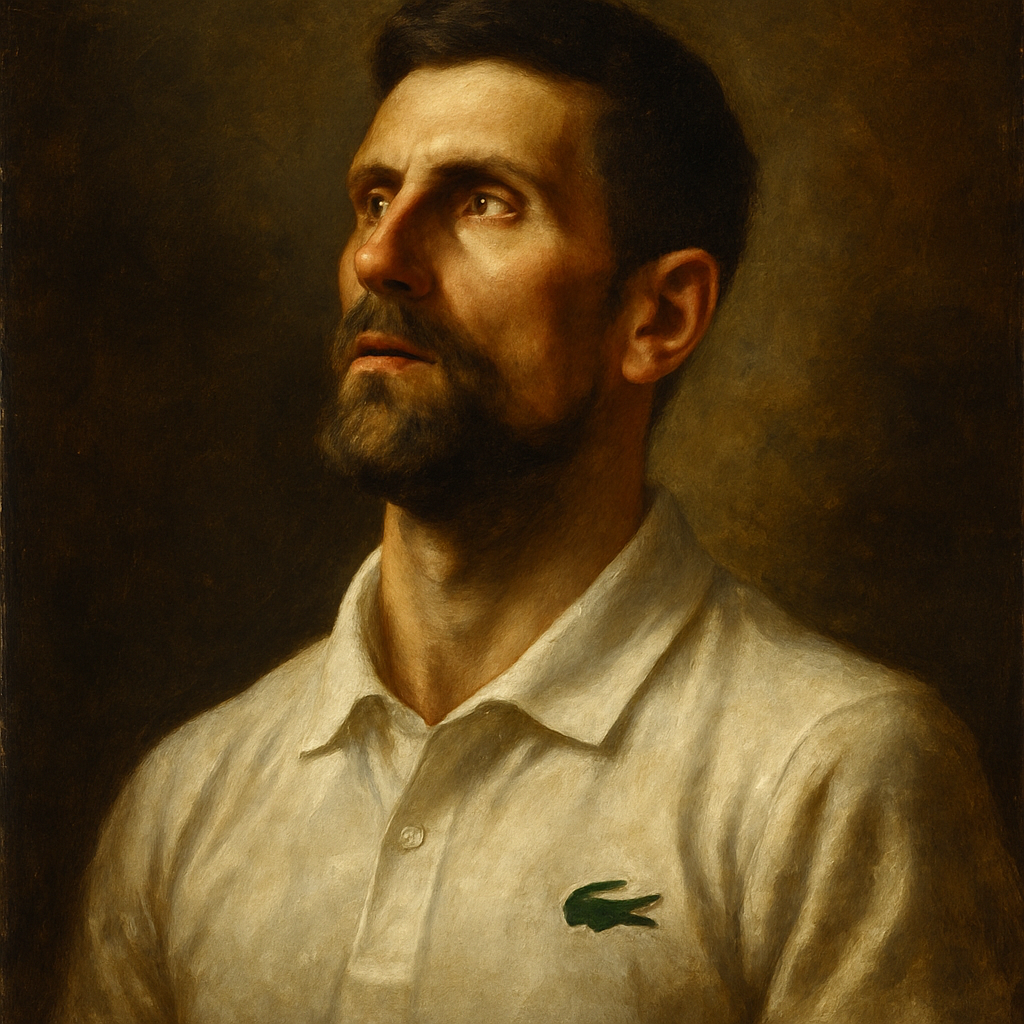LONDON — Novak Djokovic, the 24-time Grand Slam champion, has once again demonstrated his tactical mastery on the court, this time employing a controversial strategy to secure victory over rising star Jannik Sinner in their previous Wimbledon encounters. The tactic, which involved extended medical timeouts and strategic delays, has since prompted the ATP to revise its rules regarding player conduct during matches.
Djokovic and Sinner have faced off twice at Wimbledon, with the Serbian legend emerging victorious on both occasions. Their most notable clash came in the 2022 quarterfinals, where Djokovic won in five sets after a grueling battle. However, it was his use of gamesmanship—particularly lengthy medical breaks at critical moments—that drew scrutiny from fans and analysts alike.
The Controversial Tactics
During their 2022 match, Djokovic called for a medical timeout late in the fourth set while trailing Sinner. The break lasted nearly 10 minutes, disrupting the Italian’s momentum. "It felt like the match stopped just as I was gaining rhythm," Sinner later admitted in a post-match interview. Djokovic returned to the court visibly refreshed and went on to win the set and the match.
Tennis analysts noted that Djokovic’s use of medical timeouts followed a pattern:
- Timing: Often called at pivotal moments when his opponent had momentum.
- Duration: Extended beyond the typical 3-5 minutes, stretching to 8-10 minutes.
- Impact: Frequently resulted in a shift in momentum, with Djokovic winning the next set.
ATP’s Response and Rule Changes
The ATP, after reviewing multiple instances of such tactics—not just from Djokovic but other players as well—introduced stricter regulations in 2023. The new rules include:
- Time limits: Medical timeouts are now capped at 3 minutes for minor issues.
- Penalties: Repeated or excessive delays can result in point deductions.
- Transparency: Players must provide clearer justification for medical breaks.
An ATP spokesperson stated, "While player health is paramount, we must ensure that medical timeouts are not exploited for tactical advantages. The new rules strike a balance between fairness and sportsmanship."
Djokovic’s Dominance Over Sinner
Despite the controversy, Djokovic’s record against Sinner remains flawless at Wimbledon. Their head-to-head statistics highlight his dominance:
- 2022 Wimbledon: Djokovic won 5-7, 2-6, 6-3, 6-2, 6-2.
- 2023 Wimbledon: Djokovic won in straight sets, 6-3, 6-4, 7-6.
Sinner, now ranked World No. 4, has since improved his game, but Djokovic’s psychological edge remains. "He’s the toughest opponent mentally," Sinner acknowledged after their 2023 match.
The Psychological Battle
Djokovic’s ability to disrupt Sinner’s rhythm extended beyond medical timeouts. Subtle tactics, such as slowing down serves between points and engaging in prolonged rallies, wore down the younger player. "Novak knows how to get inside your head," said former player and commentator Brad Gilbert.
Conclusion
While Djokovic’s tactics were within the rules at the time, they sparked debate about sportsmanship in tennis. The ATP’s subsequent rule changes reflect a broader effort to preserve the integrity of the game. As Djokovic and Sinner potentially face off again in future tournaments, fans will watch closely to see how the dynamics evolve under the new regulations.
For now, Djokovic’s victories over Sinner at Wimbledon stand as a testament to his strategic brilliance—even if some methods were frowned upon. As one analyst put it, "Novak doesn’t just win matches; he wins the mental war."

